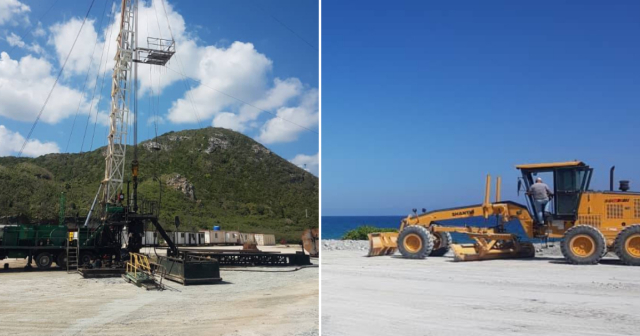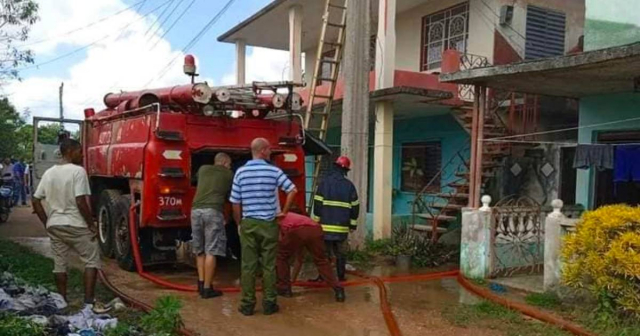The Cuban government claimed to have secured gas for "cooking food in Havana" and celebrated the increase in energy deliveries to the National Electric System (SEN) from the plants of the Mixed Company ENERGAS S.A.
Located in the western Heavy Crude Belt, these plants operate with gas extracted from new wells located on the northern coast of Mayabeque.

Two wells located in the Puerto Escondido fields have provided around 900 thousand cubic meters since June, while around 130 thousand cubic meters have been extracted from the El Fraile field.
This allows almost 99% of the gas processing capacity of the Puerto Escondido plant to be completed with 2 million 200 thousand cubic meters of gas.
Andreport of the National News of Cuban Television assured that the increase in processed volumes benefits generation and other orders, such as gas shipments “for cooking food in the capital.”
The energy provided by ENERGAS is the most economical of the country's base generation. “We have managed to reach values of 136 MW. We achieved the total generation record two days ago: 293 MW out of 300 MW, which is the installed capacity in the plant,” said the engineer.Oniel Tápanes Hernández, manager of the ENERGAS plant in Boca de Jaruco.
“Gas secured for cooking food in Havana,” the official journalist celebrated on his social networks,Bernardo Espinosa, specialized in energy generation issues but, apparently, little informed aboutfood shortage that hits the population of the capital and the entire country.
Despite claims that Energas has secured the supply of gas for cooking food in Havana, the energy system in Cuba faces considerable obstacles. The mixed company contributes around 17% of the loads transmitted and distributed by the national electricity system.
With an energy mix dominated by non-renewable sources, mainly imported, Cuba relies heavily on fuels such as oil and natural gas. This dependence, which represents approximately 95% of its primary energy, makes the country vulnerable to fluctuations in international markets and possible interruptions in supply.
The lack of adequate investments in technology and development, together with the lack of a solid strategy, contribute to inefficiency and unreliability in energy provision.
Theblackouts They continue to be a daily reality for many Cubans, affecting both domestic life and economic activity. Despite announcements about infrastructure improvements, problems persist, evidencing the inability to provide a constant and reliable electricity supply throughout the country.
What do you think?
COMMENTFiled in:






